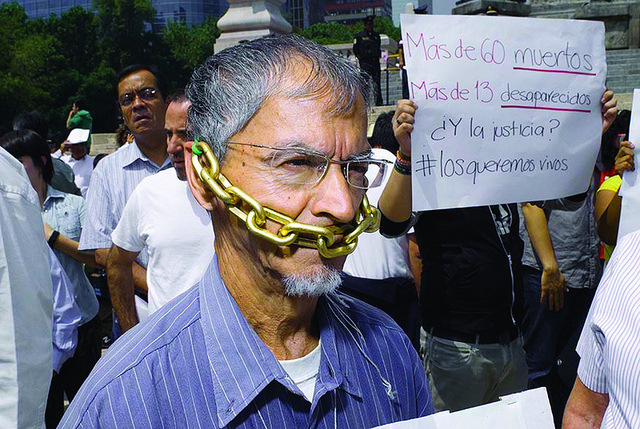
Mexico, News Briefs, North America
As World Looks to Paris, Violence Against Journalists Rages on in Mexico
January 14, 2015 By Cleuci de Oliveira
On Jan. 2, sometime after 7 p.m., a group of heavily armed men stormed the modest house of journalist José Moisés Sánchez Cerezo in Medellín de Bravo, in the Mexican state of Veracruz. They confiscated a computer, a camera and a cell phone, and carried Sánchez away while his son looked on.
His family has not heard from him since.
Sánchez’s kidnapping and disappearance occurred five days before the Paris terror attacks that began at the headquarters of Charlie Hebdo and claimed 17 lives. As the Twitter hashtag #JeSuisCharlie trended worldwide, and world leaders linked arms ahead of a historic march in the streets of Paris, Mexican activists staged a separate series of protests against censorship of the press. They demanded answers over Sánchez’s disappearance and an end to the epidemic of violence against journalists in Mexico.
The latest edition of Charlie Hebdo — the first since the attacks — was published this morning. By depicting the prophet Mohammed on the cover, the magazine conveyed that it will “cede nothing” to violent censors, as its lawyer, Richard Malka, told France Info radio on Monday.
In Mexico, journalists can barely conduct their jobs, let alone satirize figures of authority. Targeted attacks against media professionals, which surged after former President Felipe Calderón launched a war against drug cartels in 2006, have made it increasingly treacherous for local journalists to report on cartel members or corrupt public officials. Threats of violence, in turn, have contributed to a culture of self-censorship among journalists concerned about retaliation.
“There is a wave of unprecedented violence against journalists in Mexico,” Carlos Lauría, Senior Americas Program Coordinator at the Committee to Protect Journalists, told LAND. “The state has not been able to successfully carry out prosecutions, and the climate of impunity leaves journalists wide open to attacks.”
More than 50 news professionals have been killed or gone missing in Mexico since 2007, according to the CPJ. The organization’s most recent data identified Mexico as the tenth deadliest country in the world for journalists. The country ranked seventh on the organization’s Global Impunity Index, for being one of only 13 countries where the murder of five or more journalists yielded zero convictions.
The state of Veracruz, where Sánchez lived, is among Mexico’s most dangerous for journalists. The two reporters killed in Mexico in 2014 over their work, for instance, wrote for Veracruz-based publications. Octavio Rojas Hernández was a reporter at El Buen Tono when he was shot four times in August; Gregorio Jiménez de la Cruz covered the crime beat for Notisur and Liberal del Sur when he was kidnapped after dropping his children off at school. His body was found in a clandestine grave six days later.
The attacks against journalists in Veracruz have escalated since Governor Javier Duarte de Ochoa took office in 2010, according to Mexican digital magazine Sin Embargo. Duarte, for his part, has downplayed the notion that journalists in Veracruz get killed because of their work. Speaking about the most recent disappearance, the governor described Sánchez as “a taxi driver and neighborhood activist.” The governor’s remark, according to AGN Veracruz columnist Silvia Núñez Hernández, carried a tone of “mockery and scorn.”
In fact, Sánchez is the owner, editor and publisher of La Unión, a weekly community newspaper in Medellín de Bravo. In the past, he supplemented the costs of running the paper by working as a cab driver. He expressed vocal criticism against the Mayor of Medellín de Bravo, Omar Cruz Reyes, on Facebook in the weeks leading up to his disappearance.
Observers like columnist Núñez Hernández have speculated that, in making dismissive and inaccurate comments about Sánchez’s employment, the governor of Veracruz sought to avoid the scrutiny of the Special Prosecutor for Crimes Against Freedom of Expression — a federal entity created for the express purpose of protecting journalists, but which critics have accused of being underfunded, ill-equipped and largely ineffective in taking legal action against those responsible for violence against journalists.
Ultimately, the alarming homicide rate, coupled with an abysmal impunity record — in Veracruz and elsewhere in Mexico — contribute to what Lauría called an “information vacuum.”
“The media cannot enact their role, since the government is not providing a safe environment for them to do their jobs,” Lauría said. He added that, in turn, “public officials are not able to gather information on daily issues affecting their constituents’ lives.”
Three days before he disappeared, Sánchez learned from a trusted source that the mayor “intended to silence him by teaching him a lesson,” according to information provided anonymously to ARTICLE 19, a human rights organization specializing in freedom of expression. Sánchez, according to his brother, had been threatened by the mayor and by other unknown individuals several times in 2014.
Thirty-six police officers were questioned in connection to Sánchez’s disappearance. Thirteen were subsequently arrested. Cruz appeared before the attorney general of Veracruz on Monday to testify about the case. He denied accusations of his involvement in the journalist’s disappearance.
“There has never been a problem,” the mayor said. “I do not know why [Sánchez’s] family says that I am the mastermind. I’ve always had a cordial relationship with him.”
UPDATE Jan. 26: Sánchez’s decapitated body was found on the outskirts of Medellín de Bravo, Veracruz State Prosecutor Luís Angel Bravo announced on Sunday. A former police officer confessed to killing Sánchez with five accomplices, allegedly under orders by Mayor Cruz.
Image: Knight Foundation, CC BY-SA 2.0
About Cleuci de Oliveira
Cleuci de Oliveira is a New York City-based journalist from Brasília, Brazil.


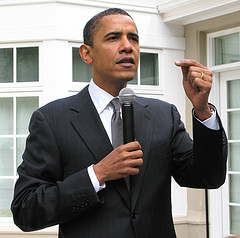
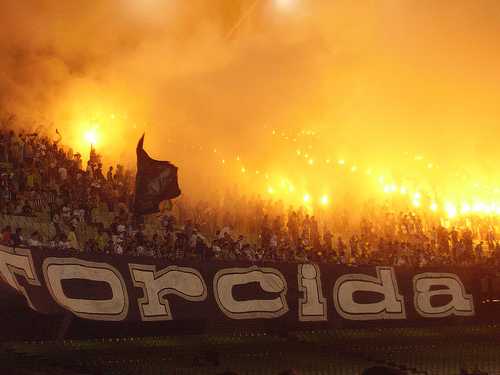
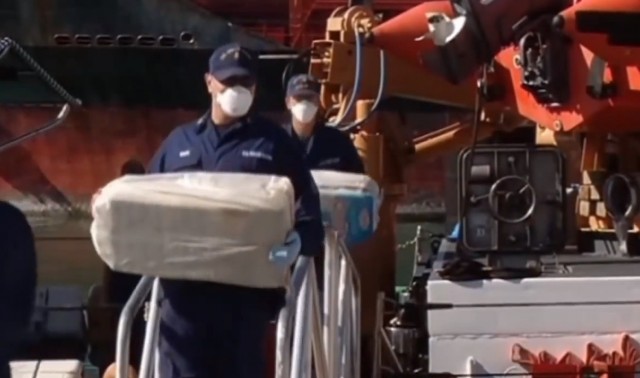
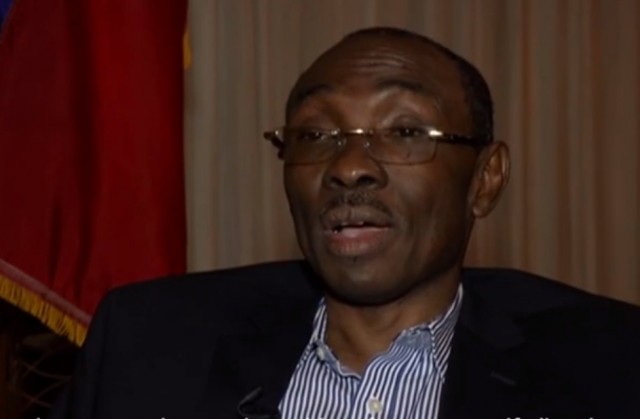
5 Comments
[…] For more on the disappearance and murder of Sánchez Cerezo, and the epidemic of violence against journalists in Veracruz, read our in-depth report. […]
I just like the helpful information you provide to your articles.
I will bookmark your blog and take a look at once more right here regularly.
I’m somewhat sure I will be told a lot of new stuff proper here!
Good luck for the following!
Al final todo se resume en una frase:
Todos tenemos orígenes comunes: las madres;
todos venimos de la misma sima, pero cada uno tiende a su propio
fin- Hermann Hesse 🙂 Gracias por el artículo!
Exactamente lo que andaba buscando. Ahora a continuar recopilando información para mi estudio.
¡Gracias!
Al final todo se resume en una frase:
Todos tenemos orígenes comunes: las madres; todos venimos de
la misma sima, pero cada uno tiende a su propio fin- Hermann Hesse 🙂 Gracias
por el post!
Comments are closed.